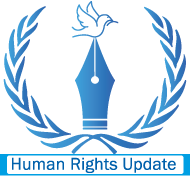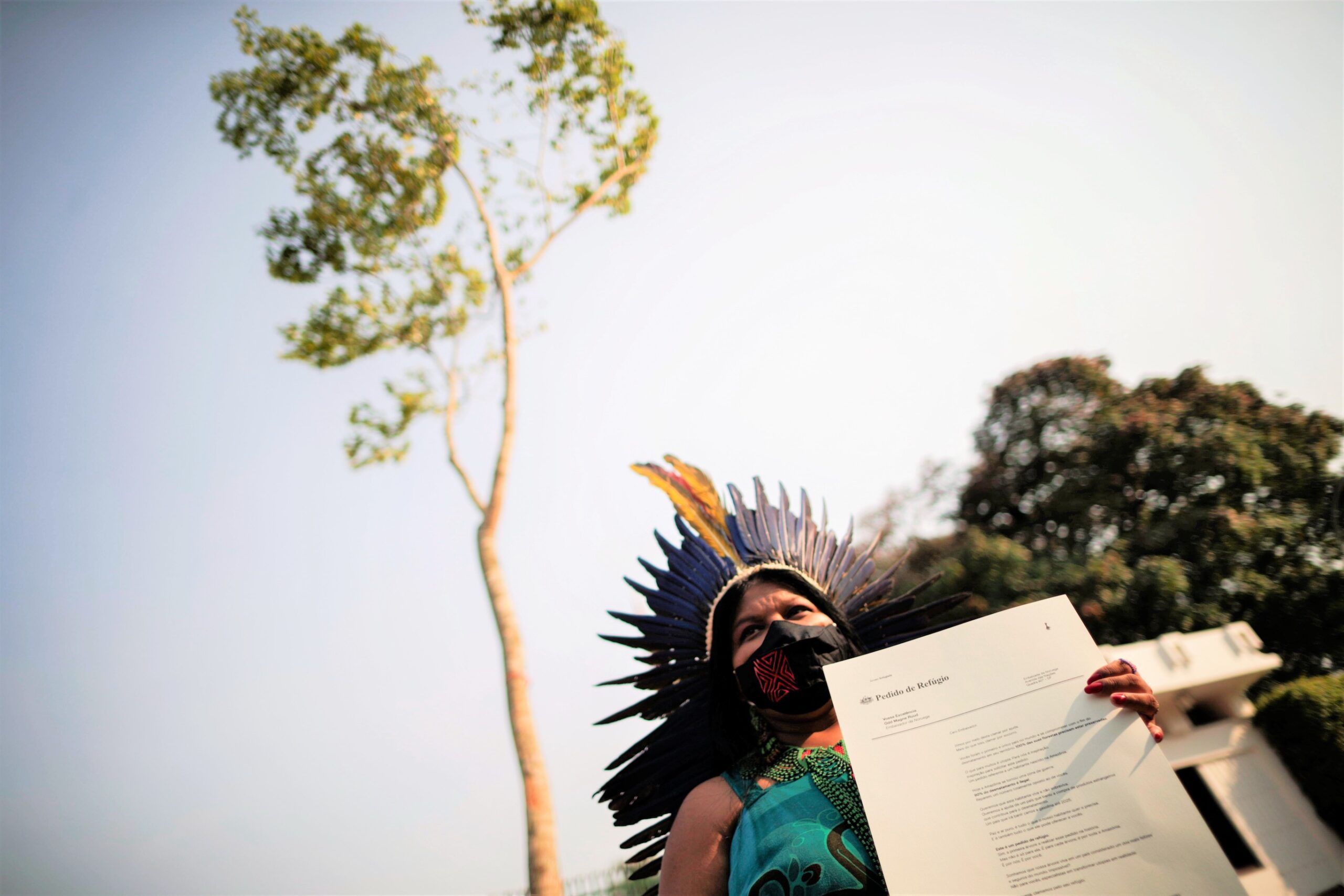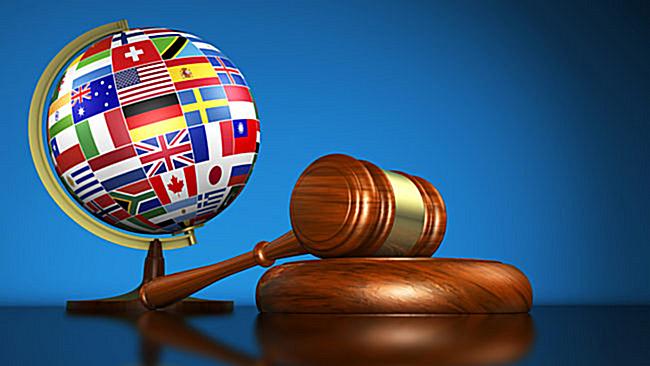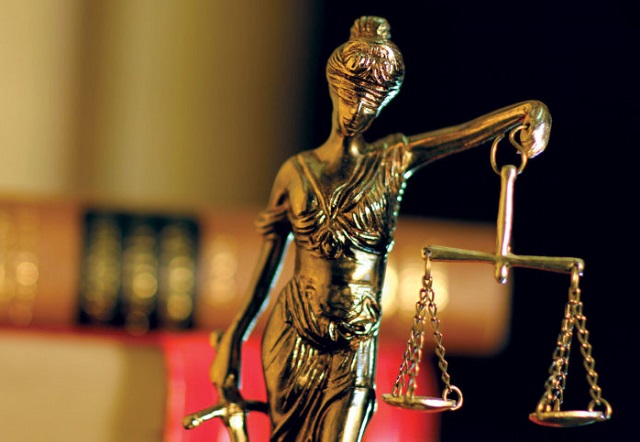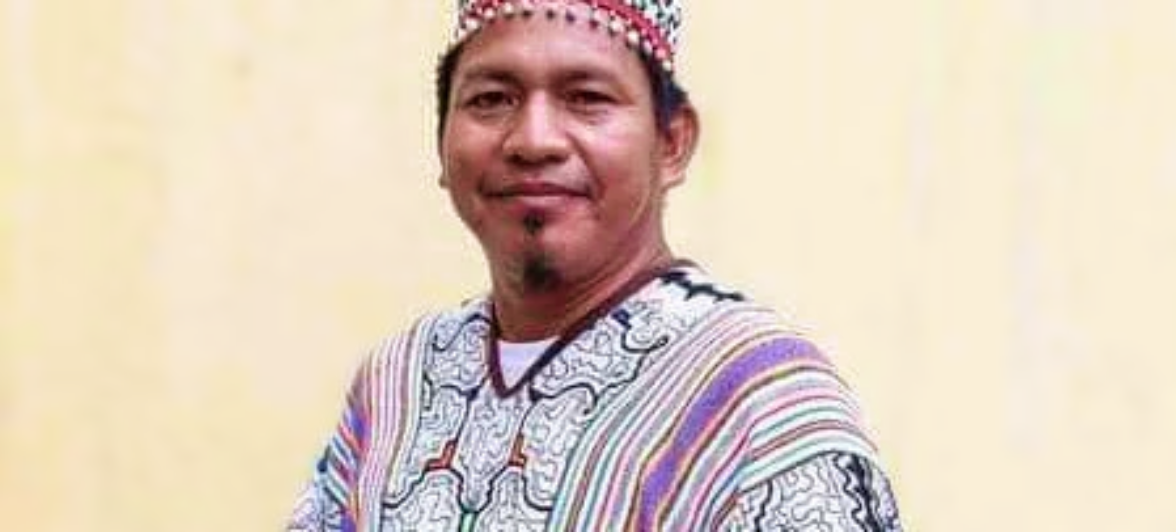As Bangladesh’s prominent human rights organization, Odhikar, awaits the verdict in a high-stakes legal case involving its Secretary General Adilur Rahman Khan and Director Nasir Uddin Elan, concerns over human rights and civic freedoms continue to loom large. The case, which has attracted international attention, has been closely followed by human rights advocates, legal experts, and the United Nations.
Odhikar, founded in 1994, has been at the forefront of documenting and raising awareness about human rights violations in Bangladesh. Over the years, the organization has faced government scrutiny and accusations of spreading false information. The recent case against Khan and Elan, involving charges under the Information and Communication Technology Act, has been marked by allegations of harassment and intimidation against the human rights defenders.
The case centers around a fact-finding report compiled by Khan and Elan a decade ago, focusing on extrajudicial killings. The government accused them of “distortion of information,” prompting their arrest in 2013. The proceedings have been marred by concerns about due process and fairness, with critics pointing to instances of legal hurdles and obstacles faced by the defense.
On August 24, 2023, the argument hearing concluded, and the court announced that the judgment would be delivered on September 7, 2023. Analysts in Bangladesh have expressed concerns about the potential implications of the verdict, fearing that it could impact the human rights movement in the country. Critics argue that a verdict against the Odhikar leaders might deter individuals and organizations from advocating for human rights in Bangladesh.
The United Nations High Commissioner for Human Rights, Volker Türk, issued a statement calling on the Bangladeshi authorities to ensure a safe environment for human rights defenders and civil society representatives. The UN expressed concerns about harassment and intimidation faced by Khan and Elan, as well as the non-renewal of Odhikar’s license. The UN’s involvement underscores the international community’s watchful eye on the case and its potential consequences for human rights in Bangladesh.
Human rights activists within Bangladesh have vehemently defended Odhikar’s work, emphasizing the organization’s commitment to accurate reporting and reliance on various sources, including local news outlets. The allegations of spreading “misleading information” have been a point of contention, with human rights defenders maintaining that their intention is to shed light on violations rather than tarnishing the image of the state.
As the verdict announcement draws near, concerns over the independence of the judiciary and the protection of human rights defenders remain central to the discourse. The outcome of this case could set a precedent for how civil society organizations and advocates engage with human rights issues in the country, impacting the broader landscape of democracy and free expression in Bangladesh. The international community, including the United Nations, continues to closely monitor the situation, urging the Bangladeshi authorities to uphold due process and ensure a fair trial for Khan, Elan, and other human rights defenders.
The trial process leading up to the verdict has been marked by twists and turns, raising concerns about the transparency and fairness of the legal proceedings. The Appellate Division of the Supreme Court of Bangladesh rejected Odhikar’s appeal to quash the cybercrime case in February 2021, setting the stage for the subsequent trial. The Cyber Tribunal of Dhaka began the trial on September 12, 2021, and commenced the examination of prosecution witnesses on October 5, 2021.
However, the trial took an unexpected turn when the court allowed the prosecution to submit an application for additional investigation after the examination of witnesses had concluded. This move prompted objections from the defense, who questioned the validity of such a request after the case had progressed to a certain stage. The judge’s decision to allow further investigation raised eyebrows, leading to allegations of undue influence on the proceedings.
The involvement of the Criminal Investigation Department (CID) in conducting the “further investigation” without clear justification raised questions about the independence of the process. The CID’s submission of the additional investigation report on June 22, followed by the sudden appearance of new prosecution witnesses, created a situation where the defense had limited time to adequately prepare for cross-examination. Such practices, in violation of internationally recognized fair trial standards, have added to the concerns surrounding the case.
As the date of the verdict draws closer, the global spotlight remains on Bangladesh and its commitment to upholding human rights and ensuring a just legal process. The outcome of this case will undoubtedly have far-reaching implications for the human rights movement, civic freedoms, and the democratic space within the country. Critics argue that a verdict against Khan and Elan could not only suppress dissenting voices but also hinder efforts to hold the government accountable for human rights violations.
The international community, led by the United Nations, continues to emphasize the importance of protecting human rights defenders and ensuring their ability to carry out essential work without fear of intimidation or harassment. The verdict on September 7, 2023, will not only impact the fate of Khan and Elan but will also serve as a litmus test for the independence of the judiciary in Bangladesh and the country’s commitment to upholding fundamental human rights principles.
As the world waits for the judgment, the fate of Odhikar and its leaders hangs in the balance. The implications of the verdict will echo beyond the courtroom, resonating through the human rights landscape of Bangladesh and sending a message about the state of democracy, free expression, and justice in the country.
